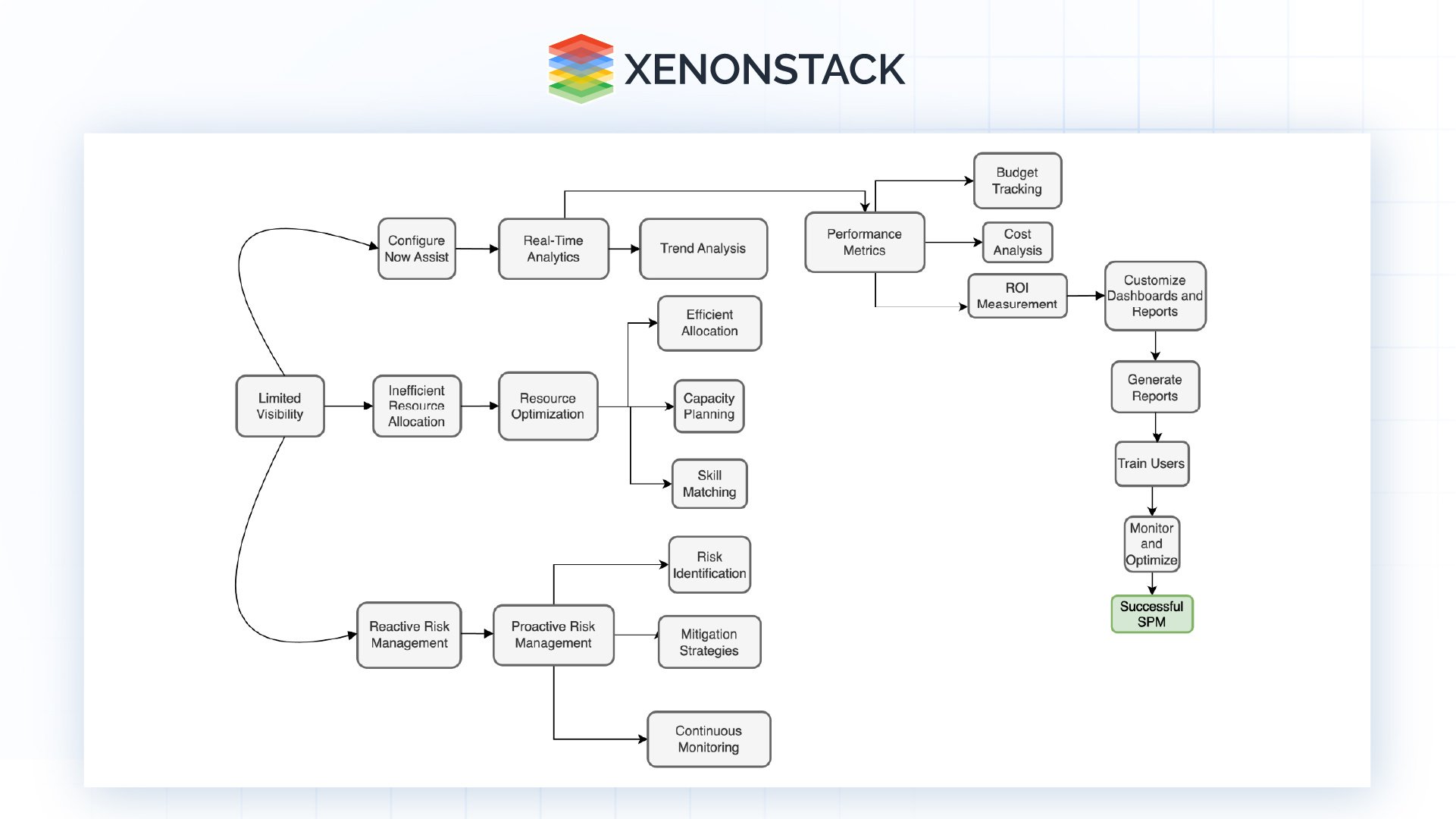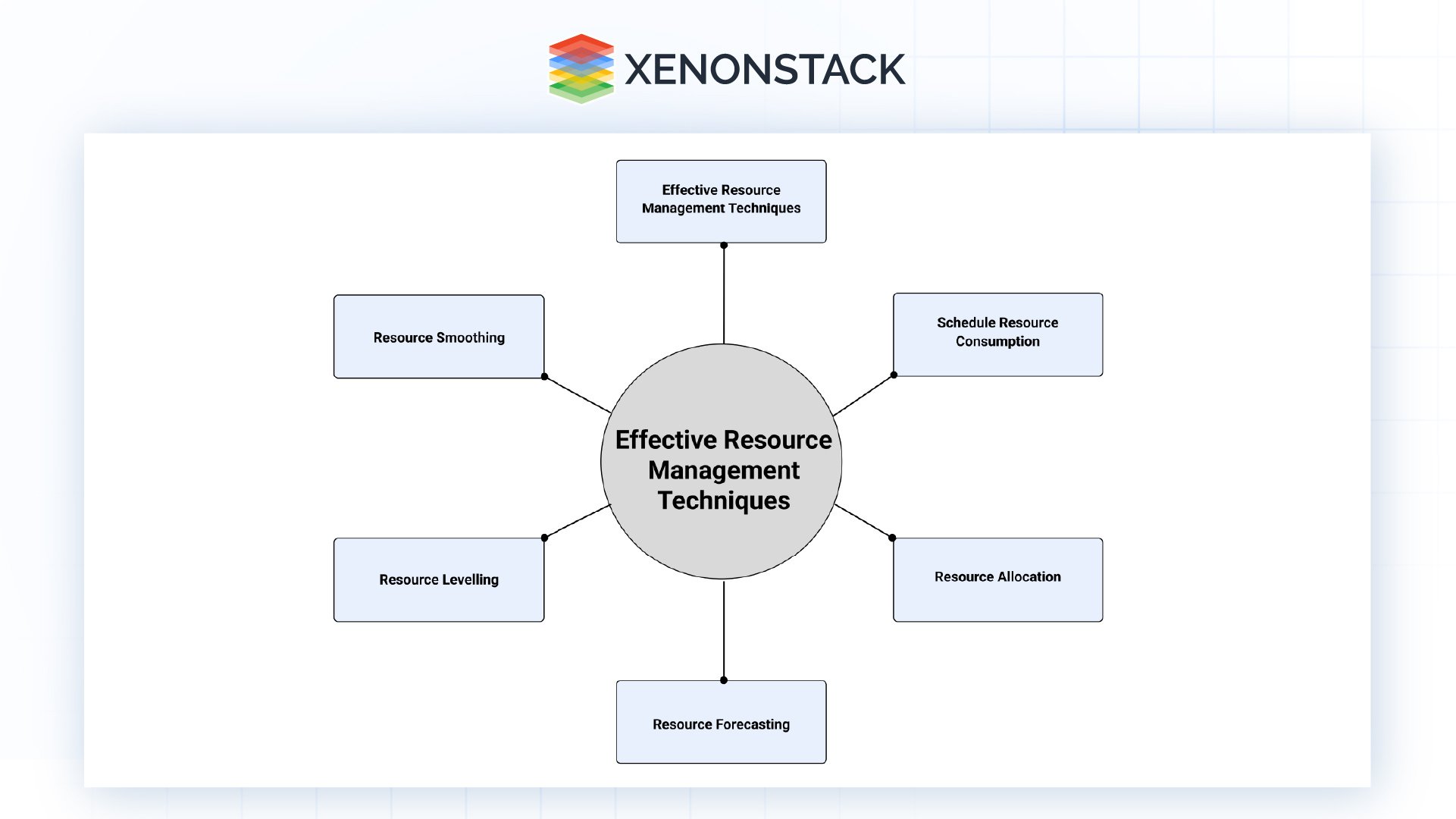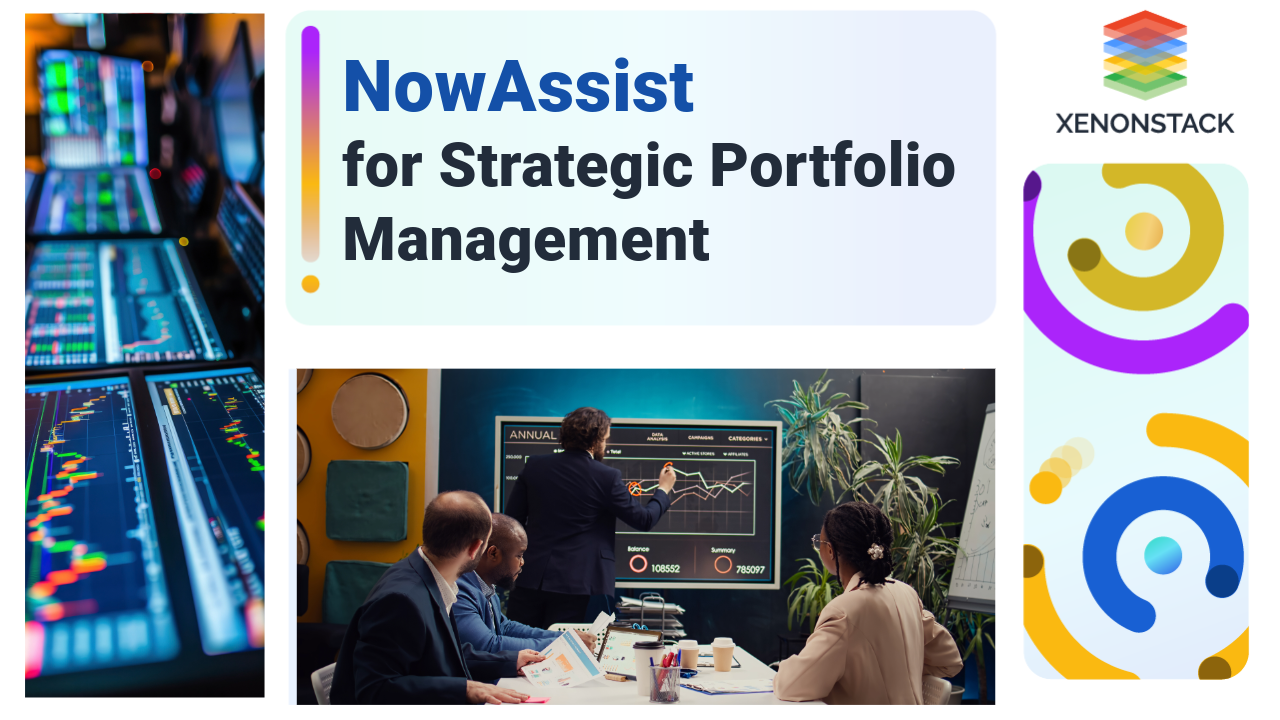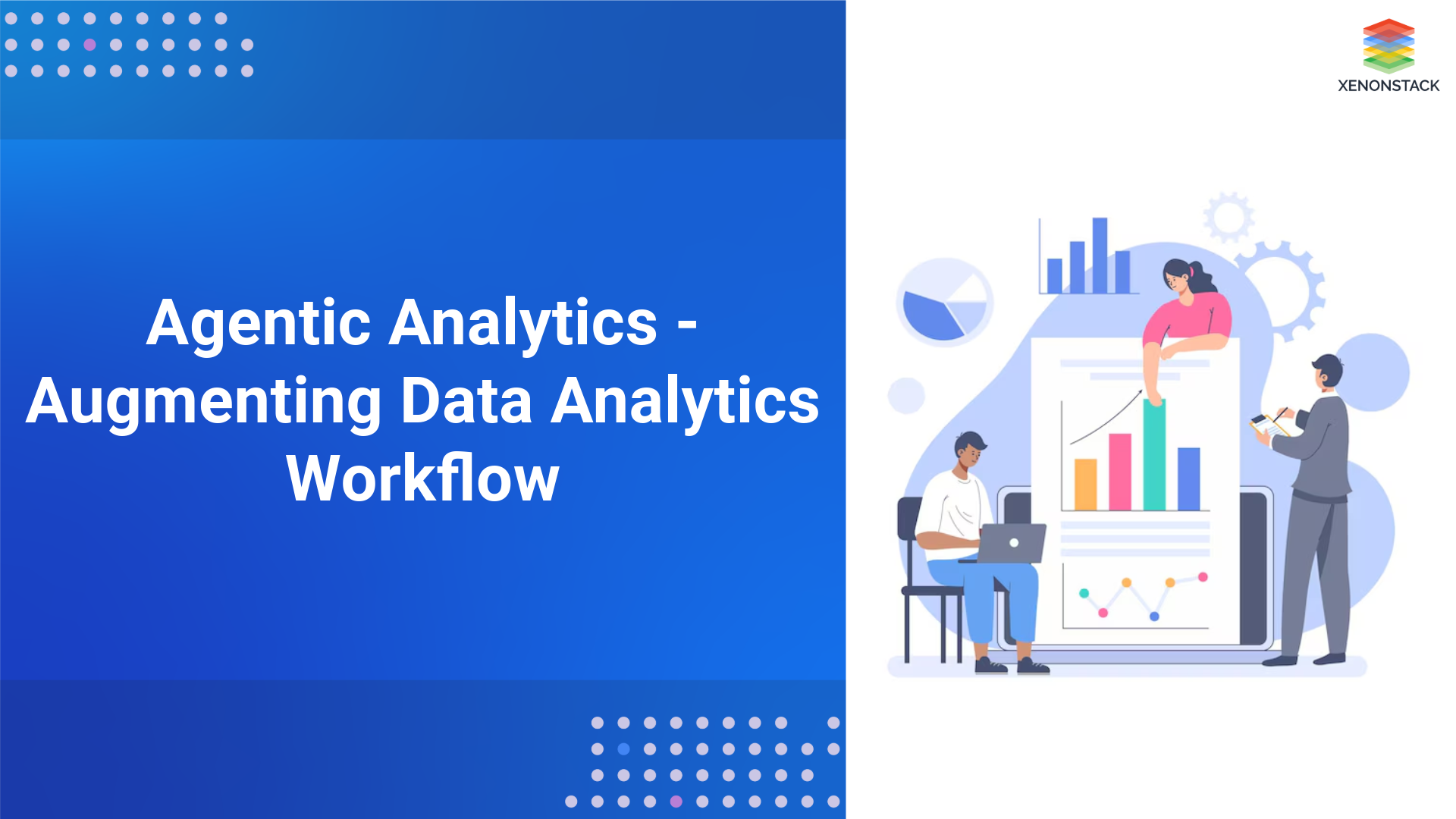Enhancing IT Business Management with ServiceNow AI Agents
The rapid and smooth tides of today's IT world impose a certain burden on the management of finance, resource utilization, project portfolio, and vendor relationships, which are integral areas of any kind of organizational success. ServiceNow provides a suite of integrated tools with the objective of optimizing those critical aspects through ServiceNow AI Agents.
 Fig 1.0 Architecture Diagram
Fig 1.0 Architecture Diagram
The following brief provides an overview of how ServiceNow AI Agents enhance efficiency, aligns strategic goals, and delivers actionable insights in these four key areas:
-
Optimization of Financial Management: ServiceNow AI Agents automate processes, provide granular insight, and align finances strategically to business objectives. It heralds the way financial operations are managed within organizations by reducing manual work and errors, real-time data availability, and alignment with strategy.
-
SPM-Strategic Portfolio Management: Alignment of IT projects to the business's goals holds the key to making IT successful. Advanced analytics from ServiceNow AI Agents provide organizations with deep insight into project performance and resource allocation optimization while proactively managing risk for more efficient and successful project portfolios.
-
Resource Management Efficiency: Resource management is crucial; this is where productivity is ensured. As a result, projects will not be delayed or have inflated prices. ServiceNow AI Agents automates resource scheduling, optimizes resource allocation, and provides useful insights to the organization for informed decisions toward greater efficiency.
-
Vendor Management Processes: Vendor relationship management is important to any organization to ensure compliance, cost optimization, and effective and efficient partnerships. ServiceNow AI Agents automates performance tracking, unifies vendor data, and diminishes risk management and compliance in Vendor Management processes.
The ensuing sections detail all of the above and do very well in outlining the challenges that typically confront organizations, how ServiceNow AI Agents addresses these challenges, and the features and implementation steps necessary to drive success.
Optimizing Financial Management with ServiceNow AI Agents
Effective financial management is effective IT business management. ServiceNow AI Agents offers integrated tools in ServiceNow for automating financial processes, surfacing detailed insights, and binding financial strategies to the business's goals. Here's how ServiceNow AI Agents reimagines financial management:
Key Features of ServiceNow AI Agents for Financial Management
Domain Separation
Application Portfolio Management APM Integration
Integration of Service Portfolio Management (SPM)
-
Full View: It integrates all the financial data with the service portfolios and provides a comprehensive view of IT services.
-
Optimization: It provides financial insight into the optimization of the service portfolio.
-
Cost-Benefit Analysis: Performs the financial implications of the services.
Cost Transparency Setup
-
Detailed Cost Breakdown: It sets up detailed cost models for the understanding and management of IT costs.
-
Actionable Insights: Provides analysis on how to reduce costs and financially optimize.
-
Cost Allocation: Better precision at the level of cost allocation for different projects and services.
Financial Reporting
-
Custom Reports: Integrates custom financial reporting against a business requirement.
-
Interactive Dashboards: Offers real-time financial data visualizations using interactive dashboards.
-
Automated Reporting: Automates the reporting process, saving time and reducing the risk of errors.
Automated Test Framework (ATF)
-
Quick Start Tests: It has pre-built tests for the fast-tracking of financial management process validation.
-
Continuous Improvement: Ensures financial processes are invariably optimized.
-
Regression Testing: Changes and updates to financial management processes, validated without disturbing the operations.
Financial Content Pack for Dashboards
-
Pre-Built Dashboards: Ready-to-use dashboards for instant financial performance insights.
-
Customizable Widgets: Widgets can be customized to show the most relevant financial data.
-
Real-time Updates: Ensures real-time data updates in the dashboards for timely decisions.
Implementation of ServiceNow AI Agents for Financial Management
Step 1: Review Current Financial Management Processes
Step 2: Configure ServiceNow AI Agents Tools
Step 3: Integration with existing systems
Step 4: Budgeting and Forecasting Automation
Step 5: Enhance Financial Reporting
Step 6: Automated Test Framework - ATF Implementation
Step 7: Monitoring and Optimization
-
Under continuous monitoring, integrated tools of ServiceNow AI Agents are used in financial management processes.
-
Find more ways to optimize and then modify the things that help achieve maximum efficiency.
Before ServiceNow AI Agents
Before ServiceNow AI Agents was invented, many organizations faced the following challenges in carrying out financial management:
After Implementation ServiceNow AI Agents
With ServiceNow AI Agents, all these challenges are fully met for optimized financial management.
Automation of Budgeting and Forecasting
-
Simplified Processes: ServiceNow AI Agents automates budgeting and forecasting using predictive analytics to provide accurate and timely financial projections.
-
Smarter Accuracy: Automated processes minimize human error; hence, one gets more reliable financial planning.
Tracking Expenses
Automated Financial Reporting
Ease of Management of User Roles
Cost Transparency Improve
ServiceNow Autonomous Agents for Strategic Portfolio Management Analytics

Fig 3.0: Strategic Portfolio Management- ServiceNow AI Agents
Strategic Portfolio Management drives IT projects to business realization. ServiceNow AI Agents further extends SPM through deep analytics, thus setting sharp insight into the management of project portfolios. Here are ways in which ServiceNow AI Agents alters the game for SPM. The following is the before-and-after perspective regarding how to implement ServiceNow AI Agents into SPM.
Before ServiceNow AI Agents
Organizations would normally experience the following problems:
After Implementation ServiceNow AI Agents
ServiceNow AI Agents helps to overcome these challenges thusly:
Holistic Insights
Resource Optimization
Proactive Risk Management
Financial Oversight
-
Budget Tracking: Real-time project-level budgeting.
-
Cost Analysis: Perform cost analyses and report actual vs. budget costs of projects.
-
ROI Measurement: Measuring the return on investment for each project.
Implementation Steps for ServiceNow AI Agents in SPM
Step 1: Setup and Configuration
Step 2: Data Integration
Step 3: Dashboards and Reports Customization
Step 4: User Training
Step 5: Monitoring and Optimisation
-
Ongoing Monitoring: Ongoing monitoring projects, making adjustments as necessary.
-
Feedback Loop: Establish feedback loops to further refine processes and implement improvements in optimizing results.
ServiceNow Agentic AI Automates Resource Management for Greater Efficiency
Resource management is a major component of any business that is in the pursuit of realizing high productivity and completing projects at the minimum approved budget on time. ServiceNow AI Agents automates it, enhancing resource management by ensuring the processes run far more smoothly, resource utilization is optimized, and providing valuable insights.
Before ServiceNow AI Agents
Organizations had to bear a lot of issues that were attributed to resource management, including:
-
Manual Scheduling: Scheduling of resources was generally done manually, hence being prone to inefficiencies and errors.
-
Poor Resource Allocation: Problems in creating the right fit of resources with projects that suit their skills and availability.
-
Lack of Visibility: There is much less visibility with respect to the utilization and capacity of resources; hence, making wise decisions is difficult.
Implementation after ServiceNow AI Agents
With ServiceNow AI Agents, these challenges are overcome:
Automation of Resource Scheduling
-
Smooth Workflow: Schedules resources automatically and reduces the administrative burden.
-
Less Error: Avoids many of the errors and conflicts arising in scheduling.
-
Real-time Adjustments: Meet swift adaptations as project requirements and resource capacity change.
Optimized Resource Allocation
-
Skill Matching: Resources will be assigned to projects based on their skills for the best fit.
-
Capacity Planning: Resource demand is forecasted, and hence, the capacity can be planned much more effectively.
-
Resource Utilization Monitoring: Diverting the under or overutilization of resources it enables real resource utilization tracking
Better Visibility and Insights
-
Centralized Data: Central view of all the data about resources, hence getting better transparency.
-
Performance Metrics: Following key metrics to evaluate resource performance.
-
Data-driven Decisions: Insight from analytics and use this insight to make better resource management decisions.
Key Capabilities of ServiceNow AI Agents in Resource Management

Fig 4.0: Key Capabilities of ServiceNow AI Agents
Automated Scheduling
- Efficiency: Automates the Scheduling process.
- Error Prevention: Eliminates manual errors.
- Agility: Adapts instantly to changes.
Optimize Resource Allocation
- Skill-Based Match: The right resources will be assigned to the right projects.
- Capacity Planning: Helps in effective resource forecasting.
- Utilization Tracking: Allows monitoring of how resources are used in real time.
Centralized Visibility
- Unified Data: Centralizes all resource-related data in one location.
- Performance Tracking: Keeps track of resource performance metrics.
- Informed Decision-Making: Does better management, gaining perception through data.
How to Implement ServiceNow AI Agents in Resource Management
Step 1: Assess Current Processes
- Identify the gaps and opportunities for improvements in your existing processes.
Step 2: ServiceNow AI Agents Tool Configuration
- Configure ServiceNow AI Agents to your organizational needs relative to resource management.
- Establish metrics and KPIs by which you will monitor resource performance.
Step 3: Integration with Existing Systems
Step 4: Automate Scheduling and Allocation
- Apply Now Help automation meets the right scheduling and allocation system.
- Periodically review and rectify resource plans integrated with actual data.
Step 5: Visualize Better with Dashboards and Reports
- Create personalized dashboards based on your most important resource information.
- Automate regular reporting at a defined frequency to stakeholders so that they may be regularly informed.
Step 6: User Training and Performance Monitoring
- ServiceNow AI Agents in training your team on resource management.
- Establish a Continuous Improvement Feedback Loop of process improvements based on the performance data.








